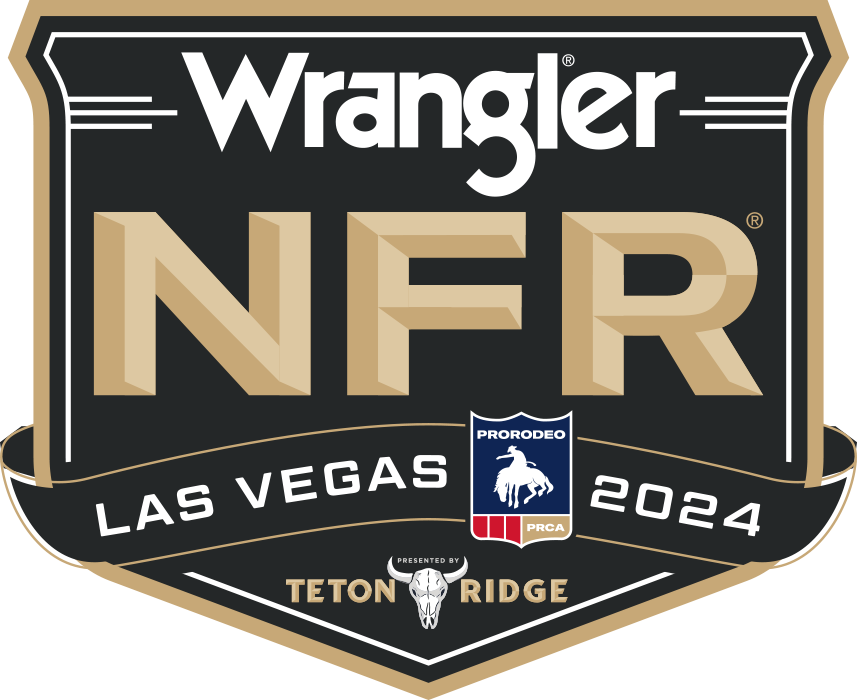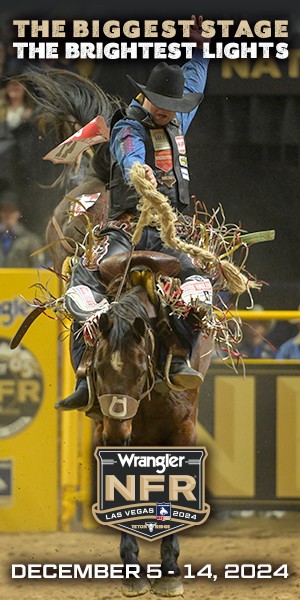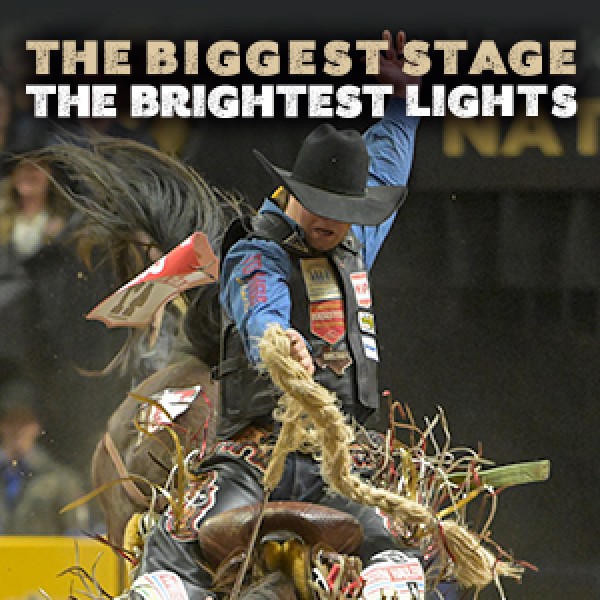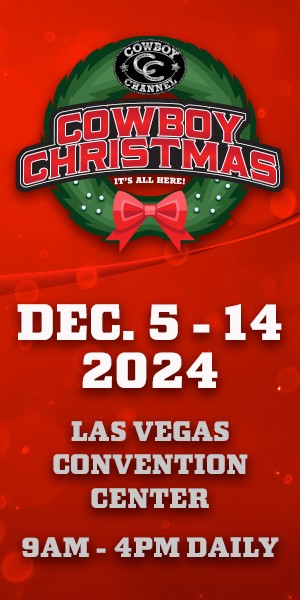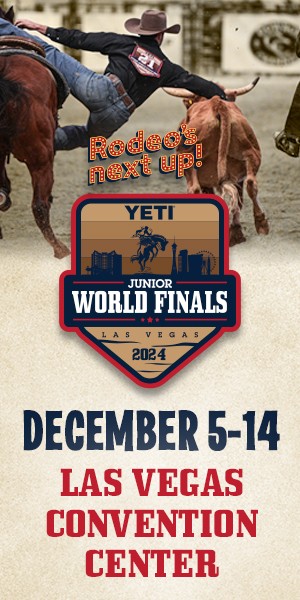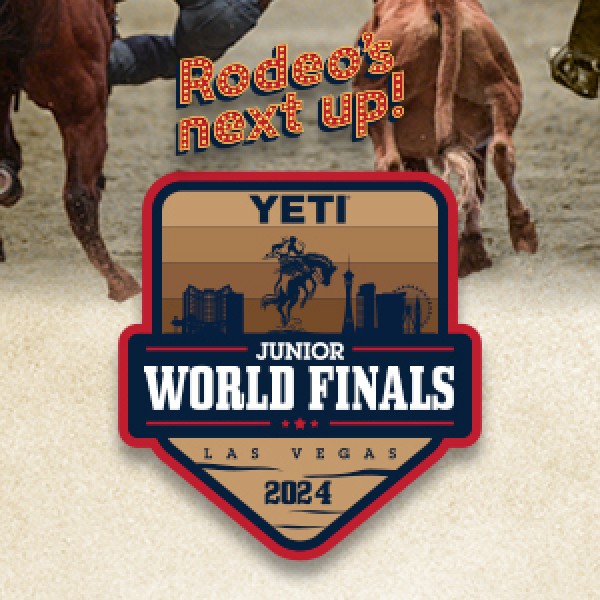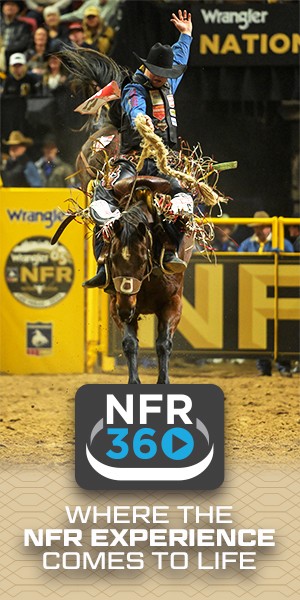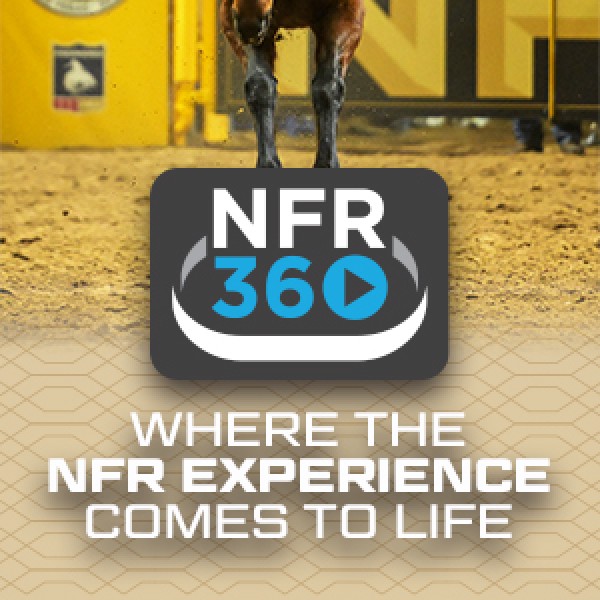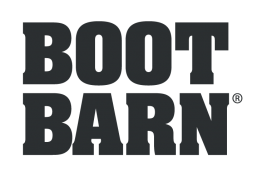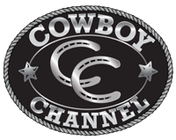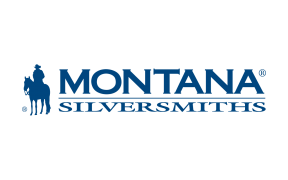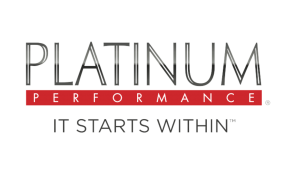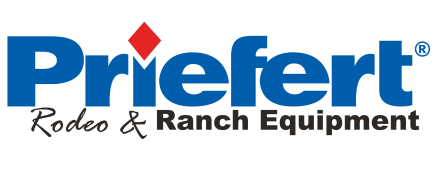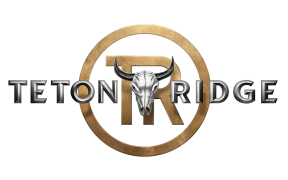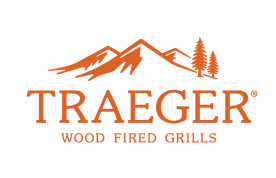
Mar 18, 2022
The Good, The Bad And The Questionable
By Susan Kanode
The Cowboy Channel’s unprecedented rodeo coverage has been unbelievable for many fans who now have the opportunity to see their favorite contestants compete as they traverse around the country.
Seeing that competition live or even delayed has opened up new opportunities for sponsorships, fan engagement and controversy, yes controversy. With arena feeds now available to millions, every word that announcers say, every judge’s call, and every contestant’s error can now be viewed and listened to, critiqued, and replayed again and again.
And it seems to me that in today’s environment, we have plenty of critics. Every announcer has been thrown under the bus for something that they said that may have been taken out of context or that in the live environment with butts in the seats might not have had the same impact as it does to the die-hard seasoned rodeo fans that are watching while sitting on their couch drinking their beverage of choice.
I’ve happily been sitting on my couch for a month after an intense 10 weeks of work in a sport that I love. I am one of those die-hard fans that spends many evenings in front of the television enjoying the fruits of a team of laborers behind the scenes that make this all possible. I’ve often thought about what the announcers have said. I’ve wondered why the barrelman has used the act that he did or made a joke. I’ve questioned the judges and disagreed with them. What I haven’t done is shared those thoughts on social media.
There is so much experience behind those hands that hold stopwatches, write down scores, and have microphones. The trail to working at a rodeo is paved with more than being a past contestant who found a way to stay involved and hopefully make some money or even a living in a sport that they are passionate about.
Let’s talk about that trail. So, you want to be a rodeo announcer? First there is the voice, and that voice had better be prepared to talk for hours at a time without a break. Then there is the mind that makes split-second decisions about what to say while eyes are watching events happen so quickly that if you blink you will miss them. There are sponsor announcements and obligations to the committees that hire them. Their days are spent studying contestants and livestock. There are also pre and post-production meetings and often appearances as well. And that’s just when they are at the rodeo.
Becoming an announcer in the PRCA starts with an application and a non-refundable fee. New announcers are required to go to a PRCA judging seminar. They pay the same dues, insurance and fees that contestants pay and then wait a year to become full-fledged member eligible for any kind of championship event.

So, when an announcer gets excited because they’ve seen a great ride, don’t think that it’s to try to influence the judges. It’s because they’ve seen a lot of great rides, still get excited when they see one and they’ve had the education to know the difference and they are trying to convey that to an in-house audience. Boyd Polhamus recently got thrown under the bus for this one at Houston.
“I change what I do to according to the audience,” Boyd told me. “My job is to make sure that rodeo sells tickets and entertains their fans so we can end up in the black. I want those ticket buyers to come back next year and the next year after that. When we start losing ticket sales, we lose sponsors, we lose money, and that could lead to a rodeo’s demise.”
And while announcers are playing to live audiences, we need to give judges credit too. They try not to pay any attention to the announcers or the crowd. While we watch them on television and think they have the best seat in the house, it’s one of the most difficult jobs in rodeo.
There are 14 officials at the Wrangler National Finals Rodeo. Every year there is controversy over their calls. At the 2021 edition, the 14 men that were in those positions had a collective experience of 175 years judging our championships.

“I wish everyone that criticizes the judges would read the rulebook,” Rick Smith, PRCA’s Supervisor of Pro Officials. “These guys follow the rulebook. They make split-second decisions and they all have the background and backbone to do that. It’s not easy.”
To become a PRCA official requires membership in the association, paying their own way and tuition to a judging seminar, learning the rulebook and being evaluated on that knowledge. There are 10 seminars per year and they are held in conjunction with college rodeos. That gives them the chance to put skills to use in the arena, classrooms and equipment for learning and testing along with a real rodeo experience. They don’t just evaluate the animals from video or television.

Then they become a reserve official and have the ability to judge PRCA rodeos. The association recently increased the Pro Official pool from eight to 12. They have three-year contracts and it will give reserve officials more opportunity to become a Pro Official. Reserve officials must also attend a judging seminar (at their own expense) every two years and Pro Officials keep their skills sharp by helping others learn.
Prior to the start of the program in 1981, every rodeo contestant was required to judge one rodeo per year if called upon. Wow, I can only imagine what that was like.
Our rodeo judges make split second decisions based on knowledge and training. Do they always get it right? Absolutely not. But as soon as their decision is made and a score is recorded, they are thinking about the next ride. While we may think that they compare one ride to another, that is something that they try hard not to do.
“Everything at a rodeo happens so fast,” Smith said. “The judges write down a score and are committed to it. Then they are trained to look at the next ride and focus on it. We might have occasional errors in addition, but they don’t get to second guess their scores or go back and change them.”

Cody Wright, the two-time world champion saddle bronc rider and father to Rusty, Ryder, Stetson and Statler, has been seen both ends of the judge’s spectrum. He’s been the victim of the mark-out rule when it was questionable. He’s watched his brothers and boys in the arena.
“I’ve probably watched a million bronc rides in my life either live or on video or television,” he said. “There are times when I don’t agree with the judges, but I will say that even when I don’t agree, 99% of the time the right guy wins. The judging has gotten so much better through the years and it’s not an easy job. For sure it’s not one that I want.”
The Cowboy Channel has given rodeo fans so many opportunities to see events that we might never be able to attend. We’ve heard voices that are easily recognized and legendary. We’ve wondered about a judge’s call and watched the replay and wondered even more. The people working those live events don’t have the benefit of do overs. Let’s show them a little respect and kindness.
